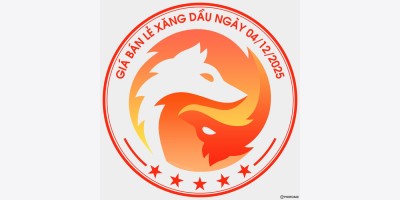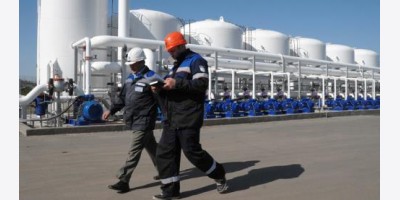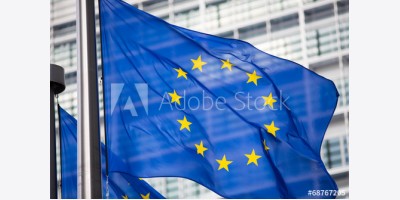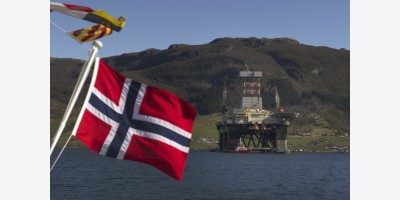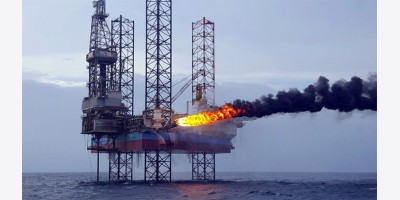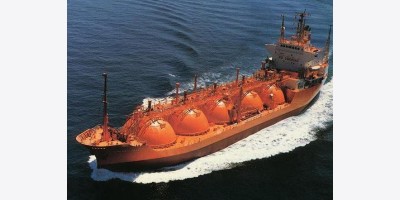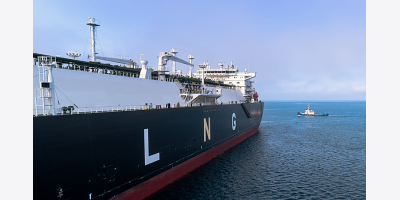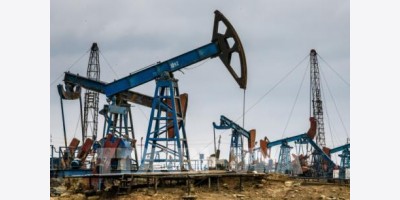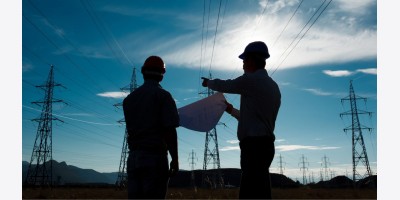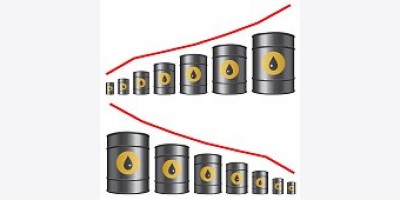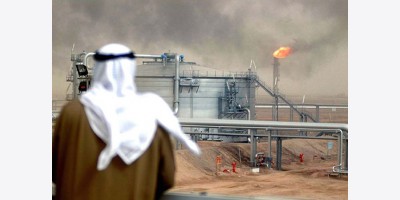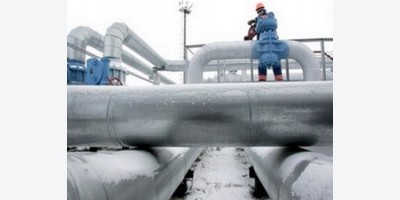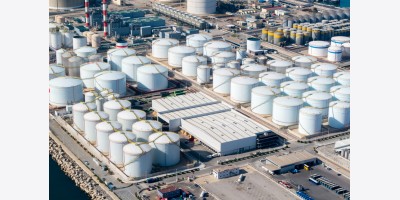By Bloomberg

Photographer: Shadi Alnsoor/Anadolu Agency via Getty Images
Diplomats searching for a long-term accord over Iran’s nuclear program, including the future of a reactor that could produce weapons material, began two days of scheduled talks in Vienna.
European Union foreign policy chief Catherine Ashton and Iranian Foreign Minister Mohammad Javad Zarif convened envoys from China, France, Germany, Russia, the U.K. and U.S. The sides are seeking a permanent deal by July 20 after breaking a decade-long deadlock with a temporary accord struck in Geneva last year.
“We’re involved in very detailed and substantial negotiations,” Ashton’s spokesman, Michael Mann, said today at a briefing after talks started. In addition to Iran’s Arak heavy-water reactor, diplomats are discussing uranium-enrichment limits, nuclear-technology cooperation and an eventual lifting of sanctions, he said.
After the last round of talks in March, Russia called on Iran to “demonstrate goodwill” by finding a way to modify the Arak reactor and allay concerns that it can produce plutonium, a key ingredient in nuclear weapons.
Robert Einhorn, a former U.S. negotiator, said in a report for the Brookings Institution that Iran should convert the project into a light-water reactor that wouldn’t produce plutonium. Princeton University researchers Frank von Hippel and Zia Mian proposed in a study last week co-authored with Ali Ahmad and Alexander Glaser that Iran switch fuels and change power levels at the plant.
At a Senate Foreign Relations Committee hearing today, U.S. Secretary of State John Kerry said it would take Iran two months to produce fissile material for one weapon. Iranian leaders say their nuclear program is for peaceful purposes.
“I think it’s public knowledge today that we’re operating with a time period for a so-called breakout of about two months,” Kerry testified.
While Iran says it’s willing to make changes at Arak, it’s not clear whether those will go far enough to meet the concerns raised by its interlocutors.
The fact that Arak “is regarded as an easy and speedy way to develop a nuclear bomb raises concerns which we have agreed to address,” Deputy Foreign Minister Abbas Araghchi said last week. “This doesn’t mean it will be closed or converted to another facility.”
Draft Text
While there may be “some meeting of minds” over Arak, the talks are likely to become more strained as they progress, said Trita Parsi, president of the National Iranian American Council.
“We are entering the serious phase of negotiations and it’s not going to be hugs and kisses all the way,” Parsi said.
Difficulties may arise when the drafting of a final nuclear deal commences, Zarif said after meeting with Ashton last night, the state-run Iranian Students’ News Agency reported. Negotiators still haven’t begun to address some issues, such as expanded international monitoring.
A U.S. official, speaking on condition of anonymity because the negotiations are confidential, last week expressed confidence that a comprehensive accord can be reached by July, and said a text may be drafted next month. Zarif echoed the comment, telling reporters as he arrived that the drafting will start at the next round of talks.
The U.S. and allies have signaled willingness to accept Iran’s uranium-enrichment program under some conditions, while Iran says it’s entitled to the same enrichment rights as other countries that have nuclear power industries.
Converting Arak would give Iran “the excuse they are looking for to continue enrichment, which is kind of a stupid outcome of forcing them to change,” said Robert Kelley, an U.S. nuclear engineer and former International Atomic Energy agency monitor. “If they convert to low-enriched uranium there is a whole bunch of redesign and it is not obvious from an engineering point of view that it is even possible.”
Compared to some of the other areas of disagreement, the Arak issue may be easier to solve because it’s more technical than political, said Ali Vaez, a senior analyst at the International Crisis Group.
“In these negotiations there is no shortcut to the end,” he said. “But one step at a time is good.”
Another risk to the talks stems from potential divisions within the powers that are negotiating with Iran, after Russia’s annexation of Crimea was condemned by the U.S. and its European allies, and punished by sanctions.
Russia has warned that it’s ready to use the Iran talks as a bargaining tool. It has held talks with Iran over building new nuclear reactors, and Reuters reported last week that the two countries discussed an oil-for-goods agreement.
Any such deal should prompt the U.S. into “rigorously enforcing significant reductions in global purchases of Iranian crude oil, and sanctioning any violations to the fullest extent of the law,” U.S. Senators Robert Menendez and Senator Mark Kirk wrote in a letter to President Barack Obama yesterday.
To contact the reporters on this story: Jonathan Tirone in Vienna at jtirone@bloomberg.net; Kambiz Foroohar in New York at kforoohar@bloomberg.net
To contact the editors responsible for this story: Alan Crawford at acrawford6@bloomberg.net Mark Williams, Ben Holland






